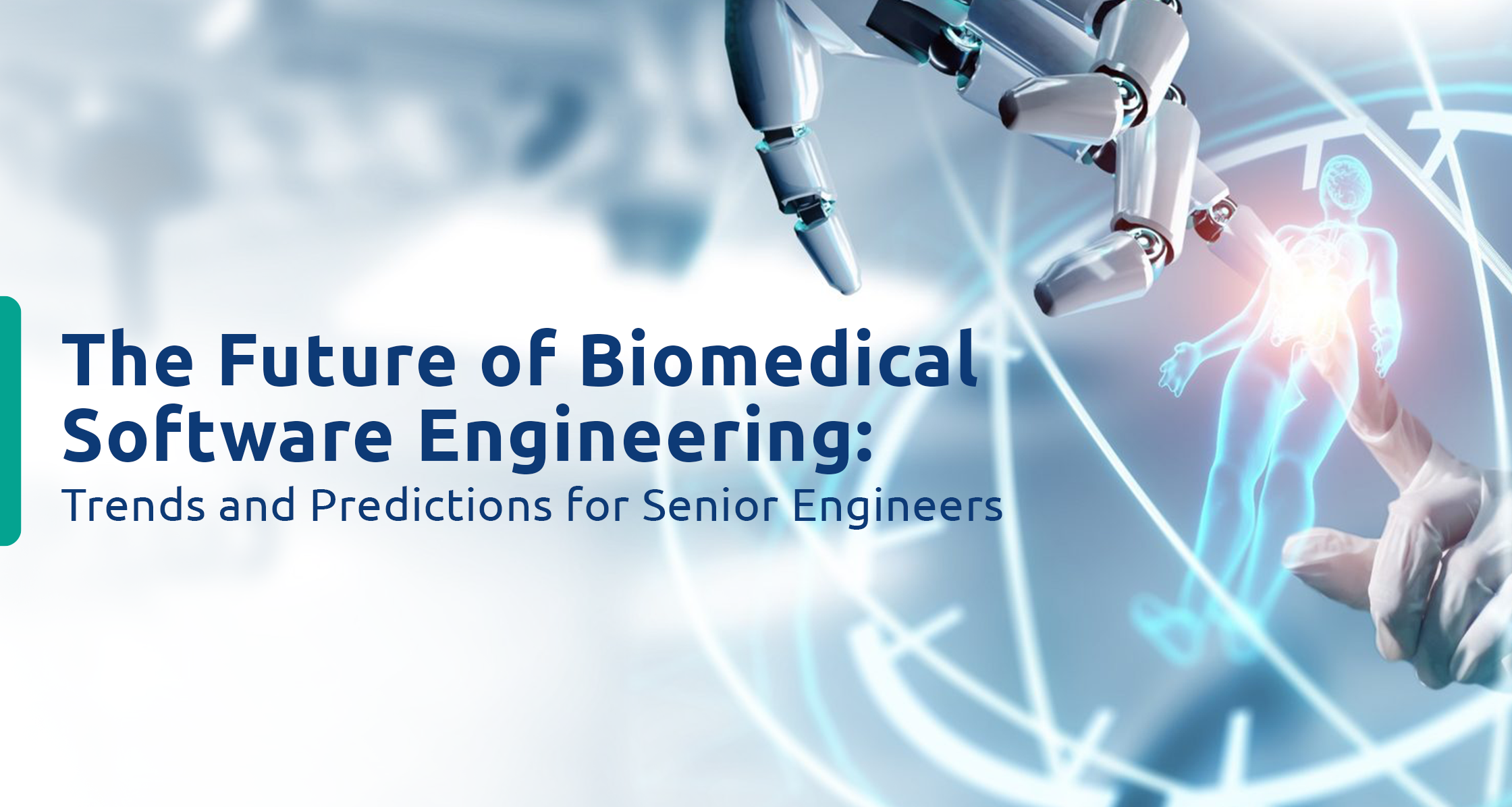The most accomplished senior developer on your team was previously a junior, as unbelievable as it may sound. Just like your newest junior developer, they used to produce buggy code. And now, watch them!
Junior developers can accomplish a lot, especially if their team supports them. Mentoring young developers prevents them from making all of the possible learning mistakes. Accordingly, a study by Harvard Business Review found that effective mentoring boosts the mentee’s career satisfaction and productivity by up to 20%, while also benefiting the mentor’s own professional growth.
Although mentoring requires time and effort, it need not be a burden. Therefore, with these suggestions, you are able to mentor junior engineers to reach their full potential and make leadership a more fun experience for everyone involved.
How to Nurture Leadership Skills as a Senior Software Engineer
Lead by Example
As a senior software engineer, your actions speak louder than words. Demonstrate a strong work ethic, integrity, and professionalism in all your endeavors. By setting a positive example, you inspire others to follow suit.
Communicate Effectively
Excellent communication skills are fundamental to effective leadership. Clearly articulate your ideas, actively listen to others, and encourage open and honest dialogue. Moreover, foster a collaborative environment where ideas and feedback can flow freely.
Take Initiative
Proactively identify opportunities for improvement and take the initiative to implement them. Presently, show enthusiasm for tackling challenges and encourage your team members to do the same. Being a problem solver and displaying a proactive mindset sets the stage for success.
Tips for Mentoring Junior Engineers
Create a Supportive Environment
Foster an inclusive and supportive atmosphere where junior engineers feel comfortable asking questions and seeking guidance. Furthermore, encourage them to share their ideas and perspectives, and provide constructive feedback to help them grow.
Share Knowledge and Experience
As a senior software engineer, you possess a wealth of knowledge and experience. Share this valuable expertise with junior engineers by providing regular mentorship sessions, conducting workshops, or organizing knowledge-sharing activities. By imparting your knowledge, you empower others to develop their skills.
Set Clear Goals and Provide Feedback
Establish clear goals and expectations for junior engineers, and provide regular feedback on their progress. Recognize their achievements and help them identify areas for improvement. By offering constructive criticism and guidance, you enable their professional growth and development.
Being a senior software engineer comes with the responsibility of nurturing leadership skills and mentoring junior engineers. By embracing these roles, you contribute not only to the growth and success of your team but also to your own professional development.
Remember to lead by example, communicate effectively, and take initiative to foster strong leadership skills. Additionally, create a supportive environment, share knowledge and experience, and provide clear goals and feedback when mentoring junior engineers. By following these best practices, you will not only shape the future of the software engineering industry but also create a positive impact on the lives and careers of those around you.
Are you ready to start? Explore our senior engineering open positions and land your job.
About ITJ
ITJ is devoted to serving fast-growing and high-value market sectors, particularly the Internet of Medical Things (IoMT), working with innovative medical device companies looking to improve people’s lives. With a unique BOT (build, operate, and transfer) model that sources only the best digital talent available, ITJ enables companies in the US to create technology centers of excellence in Mexico and LatAm. For more information, visit www.itj.com.

